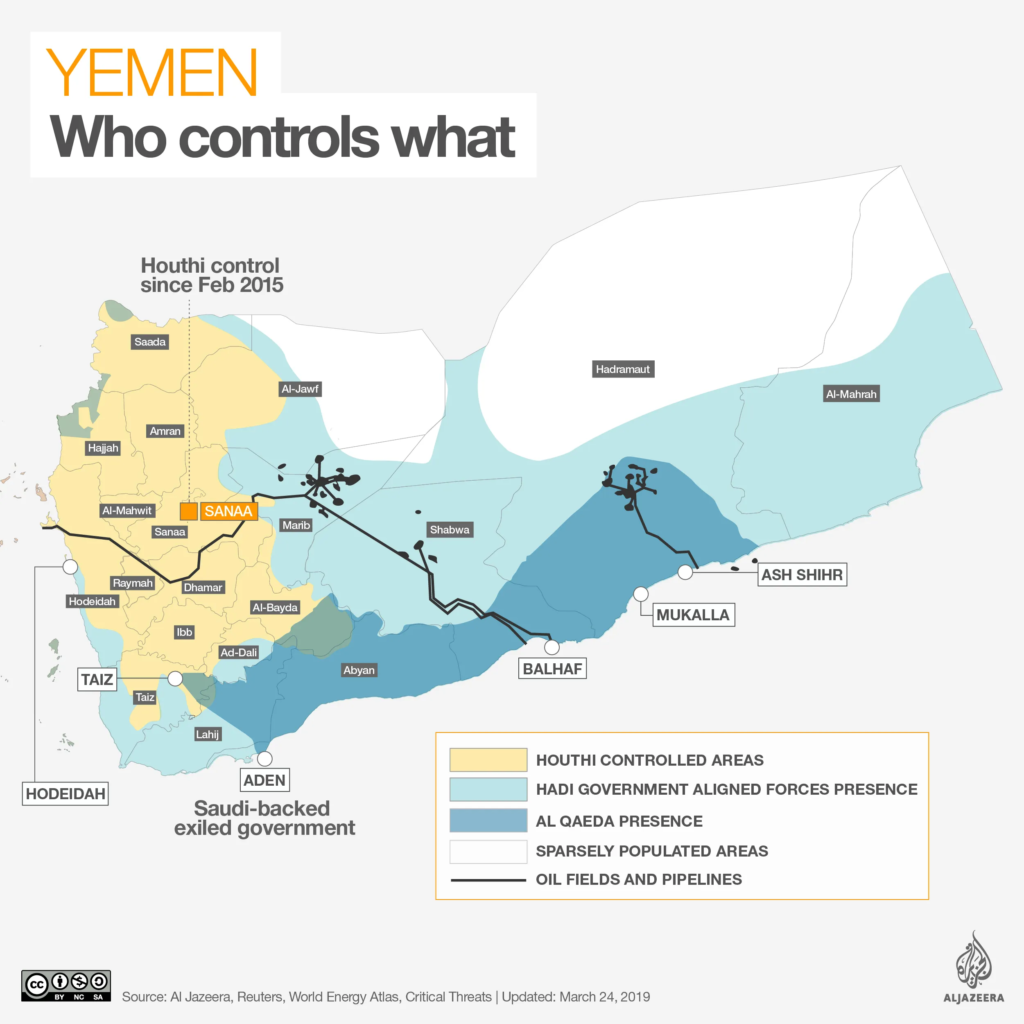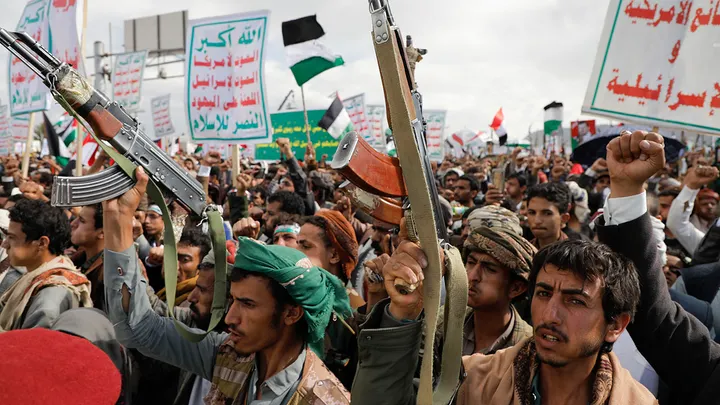Today, the White House released President Trump’s March 28, 2025, letters to Congress, revealing Houthi rebels’ relentless attacks on U.S. forces and commercial ships in the Red Sea. These Zaydi Shia militants, rooted in Yemen’s 1990s insurgency, chant “Death to America, Death to Israel,” signaling hostility. Backed by Iran, their actions disrupt global trade. Trump’s response includes military strikes and troop deployments, as outlined in the letters, to protect American interests and ensure transparency under the War Powers Resolution.
Houthi Beliefs Fuel Dangerous Actions
The Houthis’ slogan, “God is the Greatest, Death to America, Death to Israel, Curse be upon the Jews, Victory to Islam,” reveals their core beliefs. This anti-American, anti-Israel ideology drives attacks.

Emerging under Hussein al-Houthi, they oppose U.S. and Saudi influence, accusing Yemen’s former leaders of corruption. Inspired by Hezbollah, their Zaydi revivalism seeks Yemen’s control and supports anti-American movements. Iran’s weapons, including missiles, empower their attacks on ships and U.S. troops, threatening 15% of global commerce through the Red Sea, making them a significant threat.
Why Houthi Actions Demand Trump’s Focus
Trump prioritizes the Houthi crisis because their attacks endanger U.S. personnel and allies. Since 2014, they control Yemen’s capital, Sanaa, and have launched over 100 missile and drone strikes on ships since 2023. Their solidarity with Palestine, tied to Gaza conflicts, escalates tensions, with missiles fired at Israel. Iran’s support, including advanced drones, heightens the stakes. Trump’s letters detail strikes on Houthi leadership and arsenals, reflecting his resolve to safeguard navigational freedoms and counter Iran’s proxy war.

U.S. Safeguards Against Houthi Aggression
America employs robust defenses to counter Houthi threats. Navy patrols secure the Red Sea, while air defenses protect U.S. bases in the region. Intelligence monitors Houthi movements, and additional forces, including fighter jets and missile defense systems, deploy to support allies like Israel. Strikes target Houthi command centers, munitions, and underground arsenals, though their resilience persists. The U.S. collaborates with allies to intercept Iranian arms shipments, ensuring protection against Houthi missile and drone capabilities.
Trump’s Letters Signal Strategic Resolve
The March 28 letters, released today, underscore Trump’s commitment to transparency and national security. Addressed to House Speaker Mike Johnson and Senate President pro tempore Charles Grassley, they detail large-scale strikes by U.S. Central Command, involving Navy ships, Air Force bombers, and drones. These actions aim to neutralize Houthi threats to U.S. forces and global shipping. By citing the War Powers Resolution, Trump ensures Congressional oversight, rallying support and warning adversaries like Iran to cease backing the Houthis.
America’s Path to Counter Houthi Threats
The U.S. will intensify strikes to dismantle Houthi missile and drone capabilities, while enhancing naval patrols to secure trade routes. Diplomatic pressure on Iran to halt weapons support is critical, alongside potential aid to Yemeni forces to weaken Houthi control. Advanced missile defenses will protect U.S. troops and allies. Trump’s America-first approach prioritizes national security, balancing military action with strategic talks to stabilize the region.
How can America best deter Iran’s influence to ensure lasting Red Sea safety?
Like this article?
☕️ Share a coffee: https://buymeacoffee.com/criordan
👉 Follow me on X: @CRiordan2024
Click HERE to read more from Clara Dorrian.







🤬 These Houthi freaks chanting “Curse the Jews” and firing missiles at Israel make me SICK! Thank God Trump’s got jets and missile defenses LOCKED IN! Let’s WIPE OUT their Iranian drones and teach ‘em RESPECT!